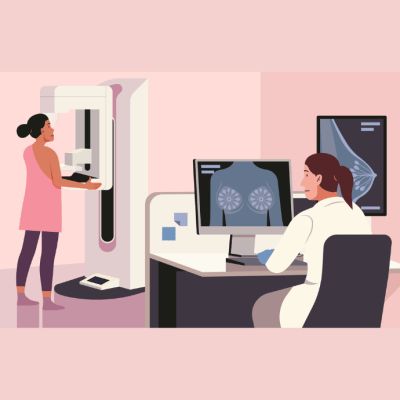There is sufficient evidence to show that loneliness and social isolation have a negative impact on an individual's mental and physical health. A new study published in the Journal of Hypertension shows that social isolation can affect the health of women and men in different ways. In particular, social isolation could put women at a greater risk of developing high blood pressure.
Study researchers found that middle aged and older women who were socially isolated or did not have many social ties were more likely to suffer from hypertension compared to men. Hypertension is a leading risk factor for heart disease and stroke. Among older women, social isolation could be a major risk factor for mortality, equal only to smoking, study authors state. Men and women are affected differently by social isolation. This study showed that women were more likely to be hypertensive if they experienced social isolation in middle and old age.
In this study, researchers analysed social ties of 28,238 adults aged 45 to 85. Their analysis showed that women who had no partner, those who engaged in fewer than three social activities a month, or those who had a small social network (of fewer than 85 people) were at a higher risk of developing hypertension. Systolic blood pressure was highest among women who were widowed, living alone, or socially inactive. Widowed women were found to have the strongest likelihood of hypertension compared to all other categories.
However, the findings in men were quite different. Single men and those who shared a home with others and had a large social network were found to have the highest blood pressure. On the other hand, those who had smaller networks and lived alone had lower blood pressure.
Regular social interaction and participation had a protective effect on single women. This suggests that healthcare provides should include screening for social activities along with healthy diet and exercise when treating older women who are single, divorced, separated, or widowed. As per the observations made in this study, increase in blood pressure was as associated with lack of social ties as it is with NSAIDs, high sodium diet or weight gain. Previous findings also show that women who are non-partnered are at a higher risk of abdominal or general obesity while men who live alone and have a smaller social network are less likely to be obese.
These new findings highlight the impact of social isolation and how men and women respond to this situation is quite different. Healthcare providers need to keep this in mind when treating women, especially during the pandemic when social isolation has become the norm.
Source: University of British Columbia
Image Credit: iStock






















